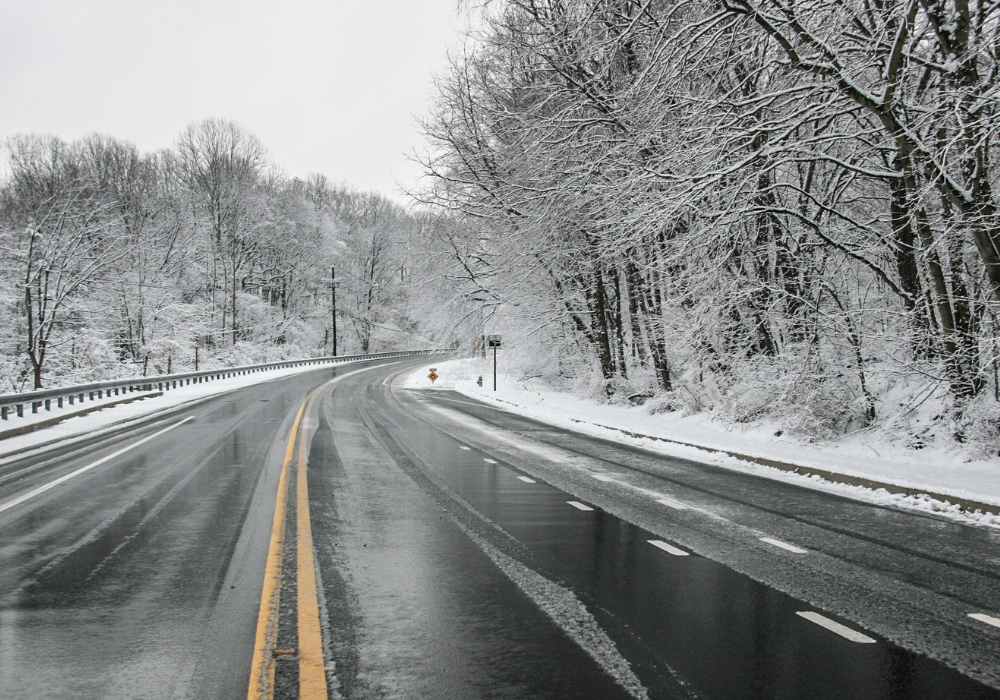Road rage is a phenomenon that most drivers have encountered at some point in their lives. Whether it’s a sudden burst of anger directed at a slow driver in the fast lane or frustration boiling over during a traffic jam, road rage can turn a routine drive into a stressful ordeal.
But what exactly causes road rage, and how can we manage it to ensure safer and more pleasant journeys for everyone on the road?
Understanding the Psychology of Road Rage
At its core, road rage is a complex psychological response to the stresses and frustrations of driving. Several factors contribute to its emergence:
- Anonymity: The relative anonymity of being inside a vehicle can lead drivers to feel a sense of detachment from others on the road. This can make it easier to express aggression without considering the consequences.
- Perceived Threats: Drivers often perceive other motorists’ actions as personal affronts or threats to their safety, even if they are unintentional. This perceived threat triggers a fight-or-flight response, leading to aggressive behavior.
- Frustration and Impatience: Traffic congestion, delays, and other road-related stressors can quickly escalate feelings of frustration and impatience. These emotions can amplify minor annoyances, leading to aggressive driving behaviors.
- Cognitive Biases: Cognitive biases such as fundamental attribution error (attributing negative behavior to personal characteristics rather than situational factors) can influence how drivers interpret the actions of others on the road, further fueling anger and aggression.
Strategies for Keeping Your Cool
While road rage is a common experience, there are several strategies drivers can employ to manage their emotions and reduce the likelihood of aggressive behavior:
- Practice Mindfulness: Mindfulness techniques, such as deep breathing and staying present in the moment, can help drivers stay calm and focused on the task of driving. By paying attention to their thoughts and emotions without judgment, drivers can prevent minor irritations from escalating into full-blown road rage.
- Plan Ahead: Planning your route and allowing extra time for potential delays can reduce the stress associated with driving. By avoiding the pressure of being late, drivers can approach their journey with a more relaxed mindset.
- Avoid Provoking Situations: Certain driving behaviors, such as tailgating, cutting off other drivers, and engaging in aggressive gestures, can provoke conflict on the road. By practicing defensive driving and refraining from retaliatory actions, drivers can reduce the likelihood of confrontations with other motorists.
- Stay Empathetic: Remembering that every driver on the road is a human being with their own concerns and struggles can foster empathy and understanding. Instead of reacting with anger to perceived slights, try to consider the other driver’s perspective and respond with compassion.
- Listen to Calming Music or Podcasts: Creating a calming atmosphere in the car with soothing music or engaging podcasts can help distract drivers from stressful situations on the road. By focusing their attention on something positive, drivers can maintain a more relaxed demeanor.
- Take Breaks When Needed: If feelings of frustration or agitation begin to build, don’t hesitate to pull over at a safe location and take a short break. Stepping away from the situation temporarily can provide perspective and help drivers regain their composure.
- Seek Professional Help if Necessary: For some individuals, road rage may be a symptom of underlying mental health issues such as anger management problems or stress disorders. If road rage becomes a persistent problem that interferes with daily life, seeking help from a qualified therapist or counselor can provide valuable support and coping strategies.
In Conclusion, Road rage is a complex psychological phenomenon fueled by a combination of stress, frustration, and perceived threats on the road. By understanding the underlying causes of road rage and implementing strategies to manage emotions, drivers can reduce the likelihood of aggressive behavior and contribute to safer and more harmonious roadways. Remember, staying calm and considerate behind the wheel not only benefits your own well-being but also promotes a culture of respect and courtesy on the road. So, the next time you feel the urge to succumb to road rage, take a deep breath, and remember keeping your cool is always the best choice.
Click here to view our different packages or click here to book your road test.
Lastly, our services are extended to Toronto, North York, Etobicoke, Scarborough, Vaughan and Brampton







